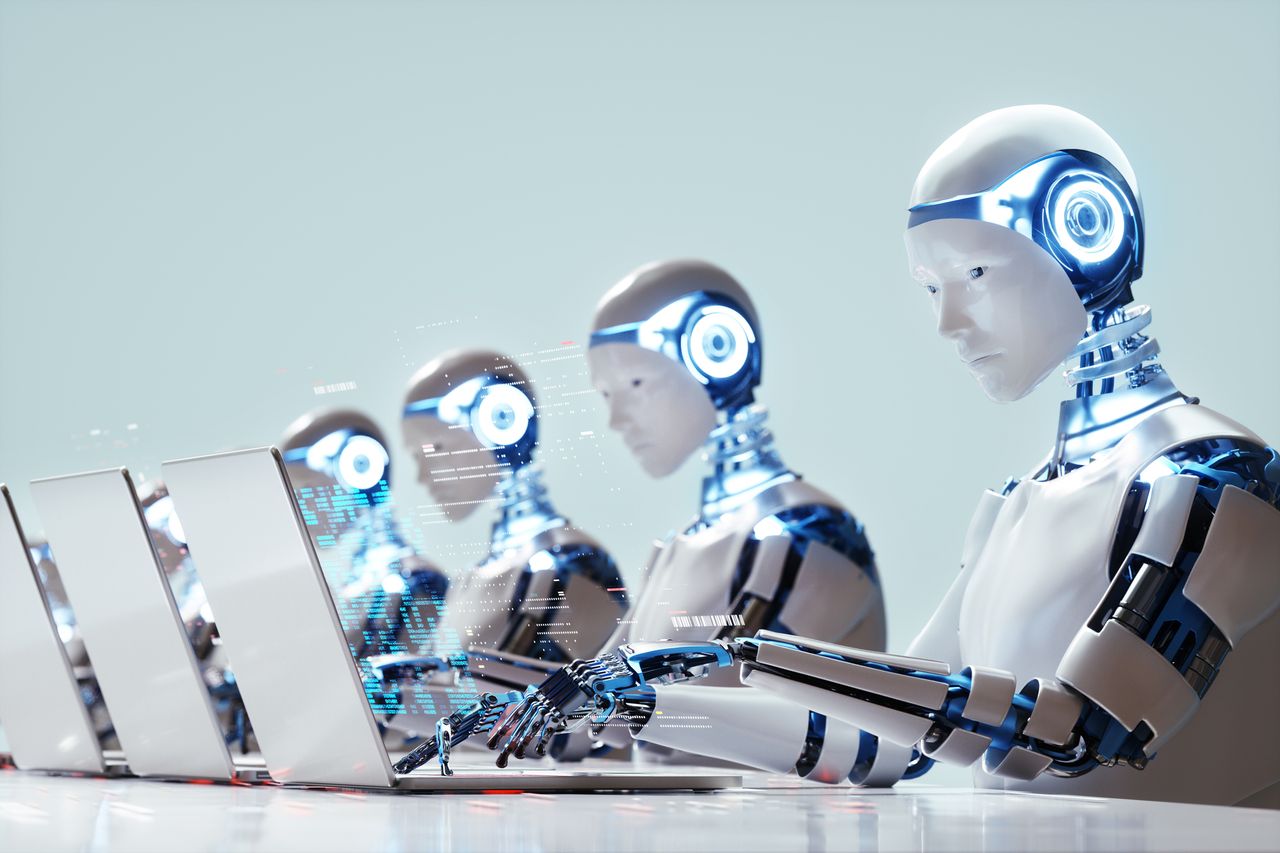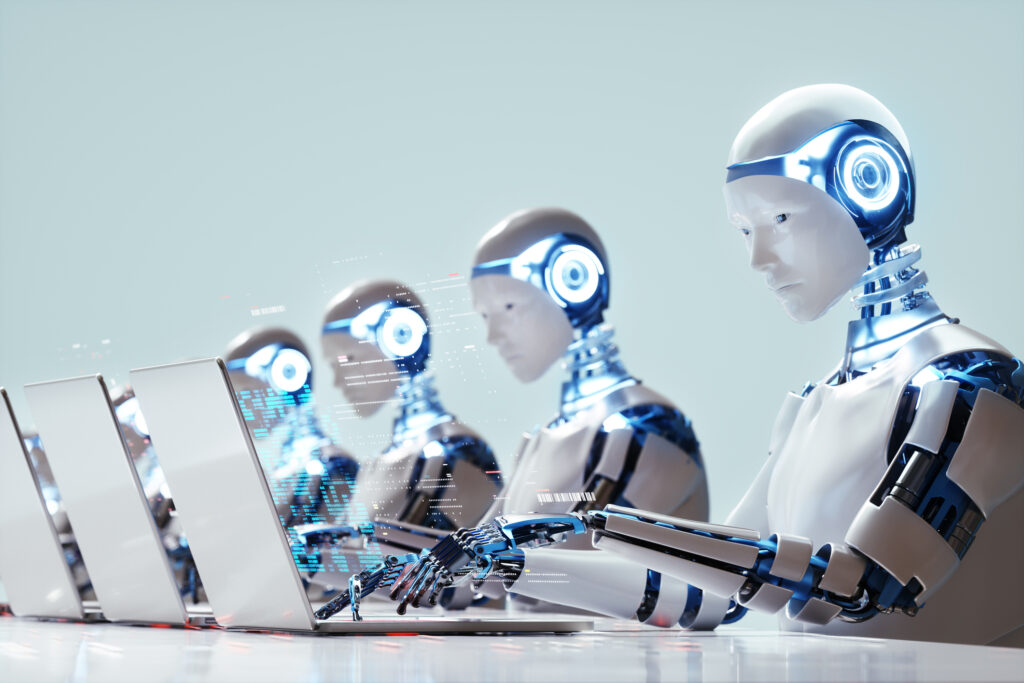
To help you understand what is going on in new technologies and the economy, our highly experienced Kiplinger Letter team will keep you abreast of the latest developments and forecasts (Get a free issue of The Kiplinger Letter or subscribe). You’ll get all the latest news first by subscribing, but we publish many (but not all) of our forecasts a few days afterward online. Here’s the latest…
Amid the hype over AI, a practical question: When will the technology boost the economy the way its developers and promoters are promising? Is artificial intelligence going to unleash a surge in worker productivity, as epochal new tech has done in the past? Or is investor enthusiasm for it overdone?
Sign up for Kiplinger’s Free Newsletters
Profit and prosper with the best of expert advice on investing, taxes, retirement, personal finance and more – straight to your e-mail.
Profit and prosper with the best of expert advice – straight to your e-mail.
There are also signs that businesses are gearing up for AI to make an impact on their operations. Company mentions of AI use for research tripled since Nov. 2022, when ChatGPT launched and turbocharged generative AI. 25% of job listings posted for IT professionals since the start of last year have asked for AI-related skills. The number of mobile AI app downloads hit 60 million this March. Internet searches related to AI have grown tenfold since OpenAI unveiled ChatGPT to the public. When it comes to whether AI will make workers more productive, the picture gets murkier. There are some early signs that it’s happening. Inflation-adjusted revenue per worker among S&P 500 companies has been rising since late 2022, following a 15-year period when it stayed flat.
It’s not clear why, but the overlap with advanced AI applications going mainstream is hard to ignore. But with so much money pouring into AI, there are reasons for skepticism. Much of the investment being made today could end up wasted. Many companies that are in vogue now figure to fail. It’s possible that AI computing power being rushed online could ultimately prove to be unneeded, akin to how fiber-optic cable networks got overbuilt in the 1990s. That capacity eventually got used as data consumption rose, but not before builders who spent too much on it went bankrupt. If the current AI data center boom fizzles, the pullback in spending could spark a mild recession, as the tech bust in 2001 did. Most major technological leaps take time to filter through the economy. AI does seem genuinely transformative. But the transformation may take many years.
This forecast first appeared in The Kiplinger Letter, which has been running since 1923 and is a collection of concise weekly forecasts on business and economic trends, as well as what to expect from Washington, to help you understand what’s coming up to make the most of your investments and your money. Subscribe to The Kiplinger Letter.


